Introduction
Tea enthusiasts often debate whether adding milk to their beloved brew impacts its health benefits, particularly the antioxidant properties crucial for combating oxidative stress and reducing the risk of chronic diseases like heart disease and cancer.
Understanding Antioxidants in Tea
Tea, renowned for its green and black varieties, boasts valuable antioxidants known as flavonoids. These compounds play a pivotal role in health maintenance by combating oxidative stress. Catechins in green tea and theaflavins in black tea are among the essential antioxidants responsible for these health benefits.
The Influence of Milk on Tea Antioxidants
Studies investigating the effects of adding milk to tea on its antioxidant properties have yielded intriguing insights. While initial research produced conflicting results, recent studies suggest that milk may interfere with the absorption and activity of tea antioxidants.
Mainly due to its protein and fat content, milk has been implicated in potentially binding to antioxidants, reducing their bioavailability. A study published in the European Heart Journal found that adding milk to tea significantly decreased the concentrations of various catechins, the antioxidants found in tea. However, the extent of this reduction may vary depending on factors such as brewing time and milk-to-tea ratio.
Does Putting Milk in Tea Kill the Antioxidants?
Yes, adding milk to tea can reduce its antioxidant content. Studies have shown that it can lower the concentration of antioxidants, such as catechins in green tea and theaflavins in black tea. However, the extent of this reduction may vary depending on factors like brewing time, milk-to-tea ratio, and the type of milk used.
Brewing Time Matters
Interestingly, brewing time plays a crucial role in determining the impact of milk on tea antioxidants. Studies suggest that longer brewing times result in higher antioxidant levels in tea, which may offset the potential adverse effects of milk.
Choosing the Right Milk
The type of milk used can also influence its interaction with tea antioxidants. Higher-fat dairy products, such as heavy cream, contain lower levels of milk proteins than regular milk. As a result, they may have less of an inhibitory effect on tea antioxidants. However, due to their calorie and saturated fat content, consuming high-fat dairy products in moderation is essential.
Exploring Milk Alternatives
Dairy alternatives offer a viable solution for those looking to enjoy their tea with minimal interference with its antioxidant benefits. Options like oat milk, almond milk, and soy milk provide creaminess without the potential drawbacks of dairy milk. Each alternative has unique characteristics, with oat milk offering a creamy texture, almond milk adding a slightly nutty flavor, and soy milk providing a rich, protein-packed option.
Conclusion
In conclusion, while the debate over whether adding milk to tea diminishes its antioxidant benefits continues, evidence suggests that milk may interfere with tea antioxidants’ absorption and activity, mainly catechins. However, factors such as brewing time and the type of milk used can influence the extent of this interference. For tea enthusiasts seeking to maximize their antioxidant intake, opting for longer brewing times and exploring dairy alternatives may help preserve the health benefits of their favorite brew. Ultimately, whether to add milk to tea depends on personal preference and dietary considerations.
References
Peter, Anouk Geelen, & Kromhout, D. (2010). Dietary Flavonol Intake May Lower Stroke Risk in Men and Women, Journal of Nutrition, 140(3), 600–604. https://doi.org/10.3945/jn.109.116632
Pham-Huy, L. A., He, H., & Pham-Huy, C. (2008). Free Radicals, Antioxidants in Disease and Health. International Journal of Biomedical Science: IJBS, 4(2), 89-96. https://www.ncbi.nlm.nih.gov/pmc/articles/PMC3614697/
Reddy, V. C., G.V. Vidya Sagar, D. Sreeramulu, Lagishetty Venu, & Raghunath, M. (2005). The addition of Milk Does Not Alter the Antioxidant Activity of Black Tea. Annals of Nutrition and Metabolism, 49(3), 189–195. https://doi.org/10.1159/000087071
Was this helpful?

Joseph Emb, RDN
Founder of StyleVitally.com | Registered Dietitian & Wellness Advocate
What I Cover:
I’m passionate about connecting nutrition science and everyday wellness to help people live healthier, more vibrant lives. I write about evidence-based nutrition, mindful eating, sustainable lifestyles, and holistic well-being at StyleVitally.com.
My Background:
The University of Texas in Austin, where I earned my Dietetics diploma, laid the groundwork for my nutrition and health career. My training and hands-on experience taught me the science and art of using nutrition to enhance health and well-being.
Professional Journey:
I’m an RDN with lots of experience. I’ve helped people seeking tailored nutritional recommendations in clinical settings and community outreach programs. My constant learning and professional development ensure that my recommendations are always based on the latest evidence.
Ethical Commitment:
My practice prioritizes integrity. My content is transparent and objective, following the most significant ethical standards. I can give my audience unbiased advice because I’m not affiliated with food businesses or industry associations. I want to help people make informed health decisions that match their values and ambitions.
Join Me on the Wellness Journey:
Join me on the path to vitality and well-being, whether facing nutritional issues, seeking sustainable lifestyle changes, or simply wanting a better, happier you. We’ll discover how diet, mindfulness, and holistic well-being can maximize your potential.




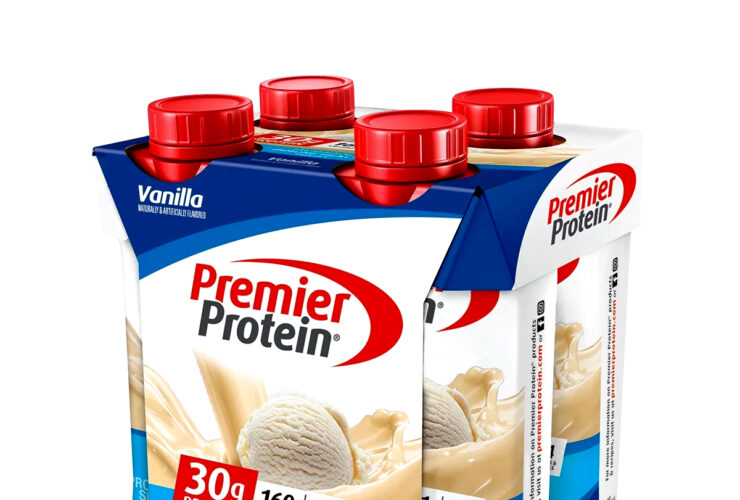

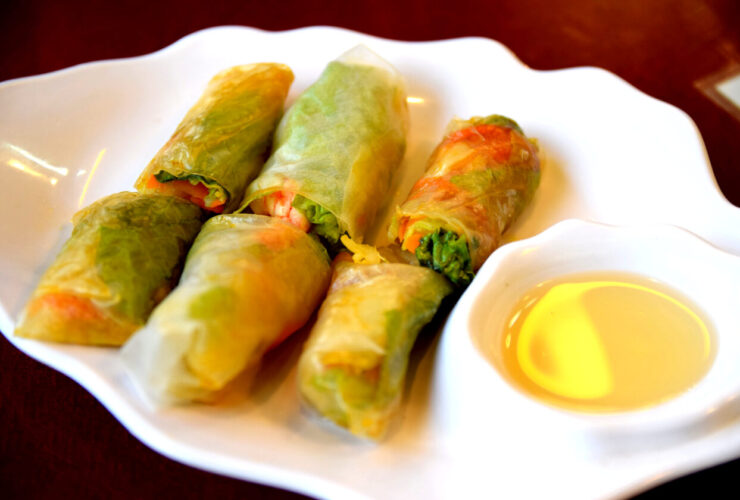
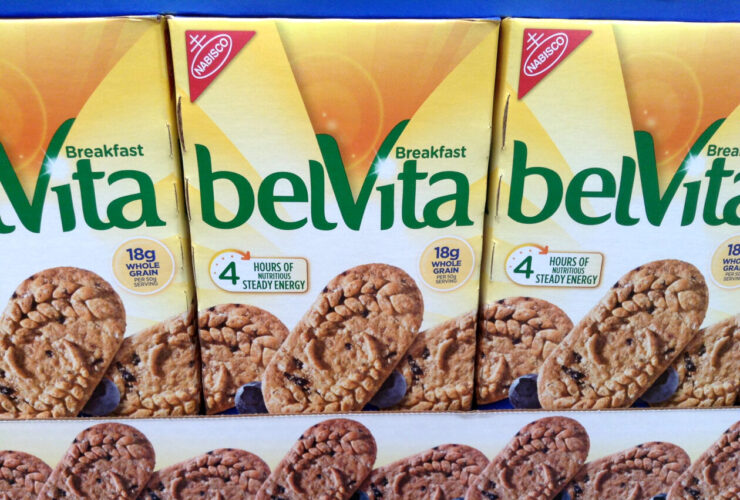
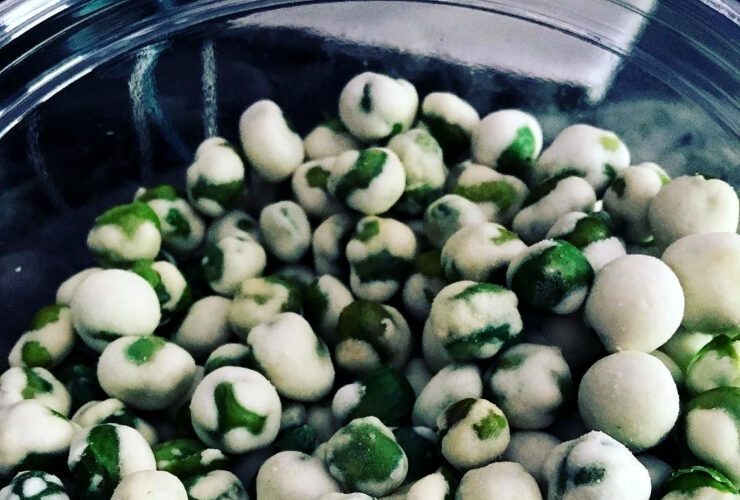
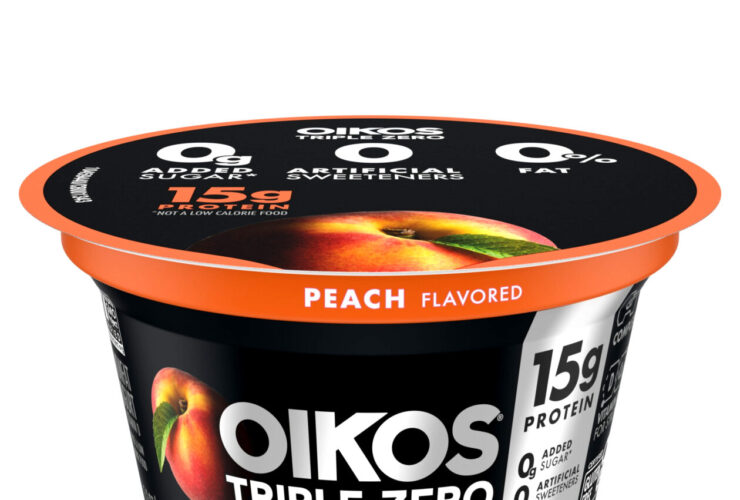
Leave a Reply
View Comments